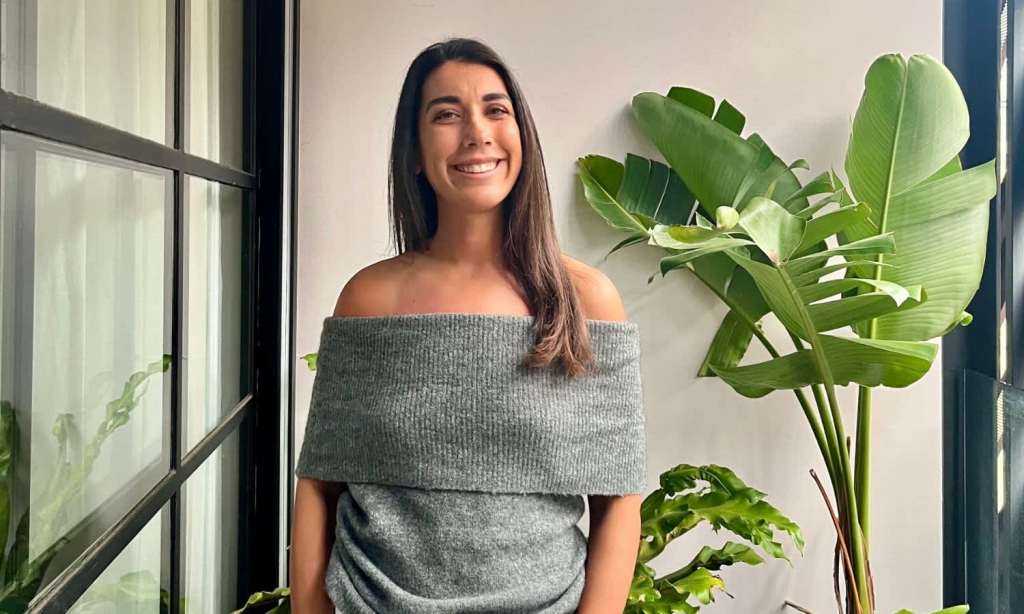“Why don’t you try power posing?” my colleague at the time asked me. I had stared at her, blankly. “Power posing,” she repeated as if I hadn’t heard her clearly and that, of course, I should know what she was saying.
I’d been telling her how nervous I was about a job interview I was going to later that day for a role I really wanted to get. The more I’d thought about it, the sweatier my palms would get. I’d felt physically sick.
While it’s hard to even fathom how nervous I was back then, considering today I’m much further along in my career and therefore much more relaxed about job interviews, I still remember how intense my nerves were back then. And how desperately I wanted to find a way to calm down.
“What’s power posing?” I asked.
My friend took out her phone and showed me a 2012 TedTalk by social psychologist and former Harvard Business School professor Amy Cuddy called ‘Your body language may shape who you are’. In the short clip, Cuddy explains her 2010 research on the effects of ‘power posing’, standing in a posture of confidence, even when we don’t feel confident.
Her study showed that subjects who were directed to sit or stand in power poses reported feeling stronger “feelings of power” and had actual physiological change. Their testosterone levels went up, and their cortisol levels, which are linked to stress, went down.
According to Cuddy, all animals use their bodies to assert power. Strength and confidence come with how you present and express yourself, not to mention that bad posture can also contribute to actual negative thoughts, low self-esteem and low confidence. Knowing that can make all the difference in how you go about your daily life.
At the end of the clip, Cuddy explains that tiny tweaks can lead to big changes and that because of that, it was worth trying to power pose. “Before you go into the next stressful evaluative situation, for two minutes try doing this in the elevator, in the bathroom stall, at your desk behind closed doors,” she says in the talk.
“Configure your brain to cope best in that situation. Get that testosterone up. Get your cortisol down. […] Leave that situation feeling like you really got to show them who I am.”
I decided to try it. Ten minutes before the interview, I stood in a bathroom stall with my feet apart, my chest puffed up and my hands above my head. I tried to make myself as big as I could. I felt ridiculous.
But I stood like that for a whole two minutes. And it worked, but not in the way I thought it would. The fact I’d posed alone in a bathroom stall, looking so outlandish for two whole minutes, was funny. It lightened my heavy nervous energy, and, unexpectedly, made me feel more compassion for myself. I was doing the best I could ahead of what, to me, had felt like an extremely daunting situation. I was looking after myself.
Since then, I’ve power posed before countless other job interviews, any speeches I’ve had to give and even first dates. I’ll arrive at the venue a few minutes beforehand, head to the bathroom and make myself as big as I can. And then, when I’m in the situation I was so nervous about, I’ll laugh to myself thinking about how absurd doing that was.
It’s also worth noting that several studies since Cuddy’s talk was released have contested the mental and physiological effects of power posing, with one study stating that “feeling powerful may feel good, but on its own does not translate into powerful and effective behaviours”.
To that I say, again, for me, power posing didn’t work in the exact way it’s meant to, but it did in a different sort of way. So, whether it’s that way that works for you, too, or the way it’s meant to, or even if it works in any other way to make you feel that little bit less nervous before a scary social situation, in my opinion, it’s worth trying out to see. You can watch Cuddy’s famous TedTalk here:
Read more stories from The Latch and subscribe to our email newsletter.







